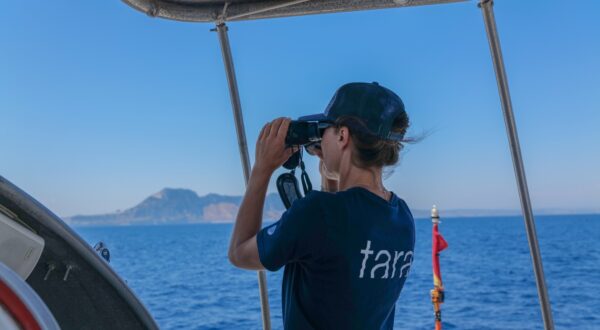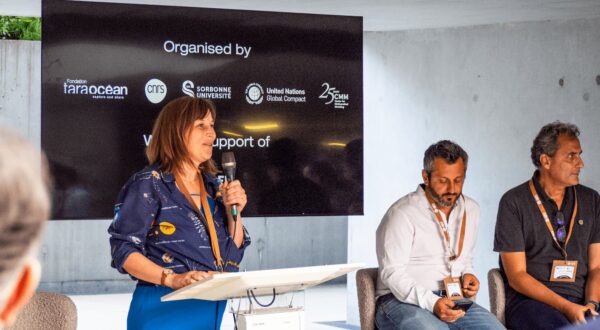The Ocean, a shared heritage of humanity: open science and shared governance
The cradle of life, climate regulator, and source of biodiversity, the ocean connects us all. Yet it remains under serious threat and insufficiently protected. Through open science, international partnerships, and committed advocacy for equitable global governance, the Tara Ocean Foundation champions a powerful vision: that of a healthy global ocean, a common heritage of all humanity.
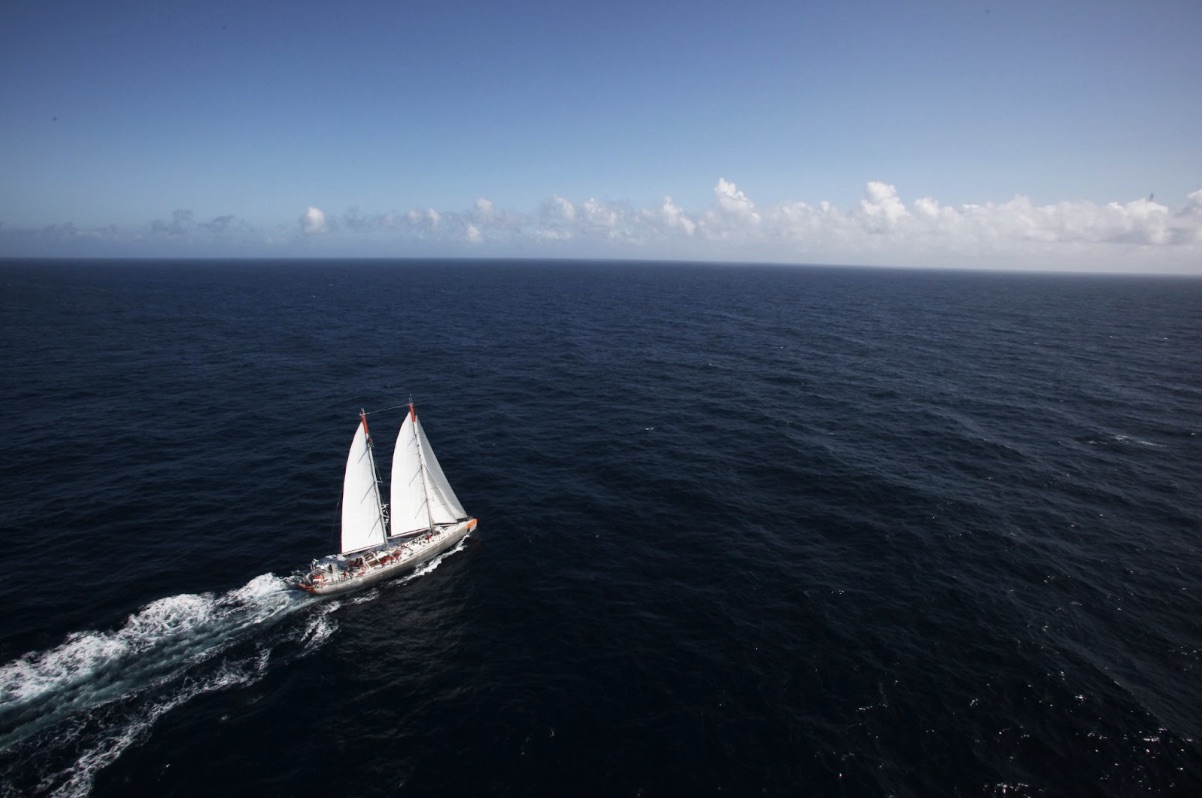
The Ocean: vital for humanity
A vital and fragile ecosystem
The ocean covers 71% of our planet’s surface. It regulates the climate, is home to abundant biodiversity, has produced much of the oxygen in the atmosphere, and plays a crucial role in carbon storage.
But this vital system is now under threat. Human activities such as overexploitation of resources, pollution, habitat destruction, intensive fishing, and climate change are undermining the marine balance. The health of the ocean determines our own health and that of all ecosystems on Earth. It is time to move from a culture of exploitation to one of protection.
The Ocean and International Law
The United Nations Convention on the Law of the Sea, ratified 43 years ago, laid the foundations for a global legal framework. It recognizes the ocean as the common heritage of humanity and imposes general obligations on States to protect and conserve the marine environment and to prevent, reduce, and control marine pollution, regardless of its source. However, its implementation remains incomplete, especially in areas beyond national jurisdiction. Many provisions are enshrined in international law, but their implementation varies from state to state. This depends on resources, technical capabilities, and political will.
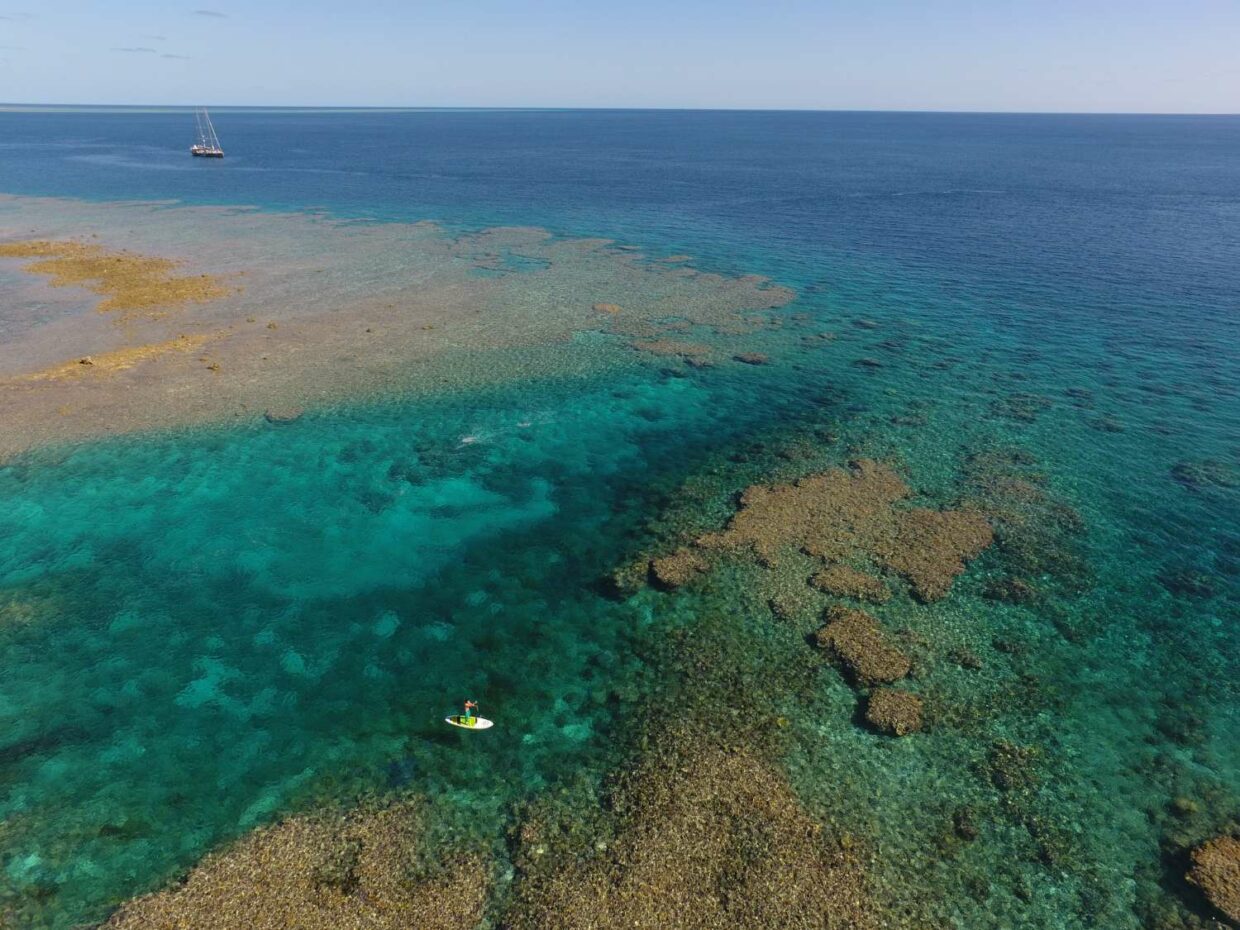
Scientific cooperation and inclusion: keys to equitable governance
Science open to the international scientific community
For more than 20 years, the Tara Ocean Foundation has embodied a vision based on international scientific cooperation and open science. All data from expeditions are made available to the research community in order to enrich collective knowledge of the ocean and help decision-makers develop evidence-based policies.
This approach is based on the belief that science should be a shared resource, not reserved for a geographical or institutional elite.
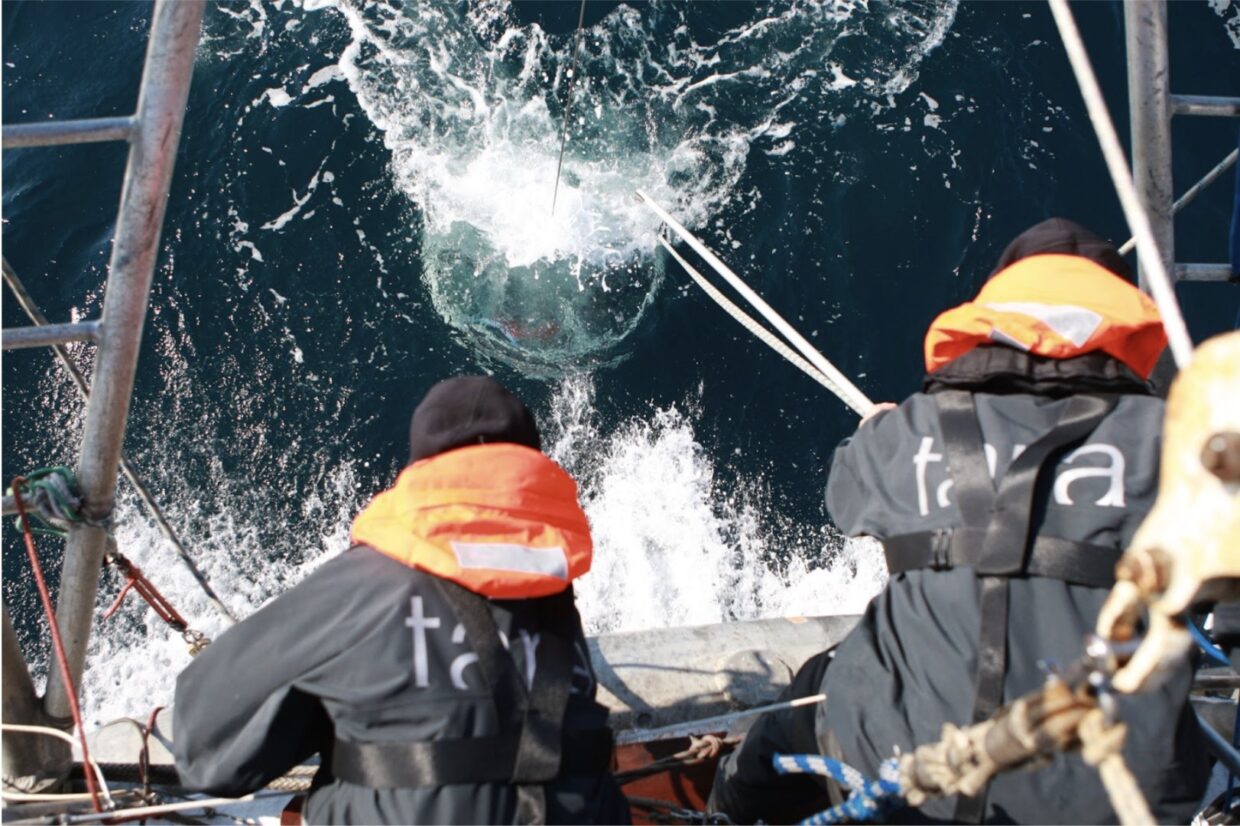
Science accessible to all: a matter of fairness
The current ecological and climate crisis requires global scientific cooperation without borders. Access to oceanographic knowledge and innovations should not depend on a country’s level of economic development. This inclusion is essential for truly global governance. However, significant disparities remain between countries, particularly in the South, with regard to marine science. These countries have clear needs: training for young researchers, research infrastructure, technology transfer, access to data, and integration into regional and international scientific networks.
Strengthening local capacities is essential to enable these nations to participate fully in international negotiations and make informed decisions about their development. It is within this framework that the Tara Ocean Foundation is developing scientific cooperation projects with South America and Africa, promoting training, data sharing, and access to research tools.
Strengthening research capabilities and access to marine resources is one of the pillars of the Law of the Sea Convention and the recent Treaty on Biodiversity in the High Seas.
Towards universal protection of the Ocean
From science to environmental policy
The ocean, and the essential services it provides to humanity (climate regulation, oxygen production, food security, etc.), therefore requires rapid and concerted political action on the part of governments.
With advocacy experts working to promote scientific findings, the Tara Ocean Foundation makes its expertise available to decision-makers to inform environmental policy. In various international forums and negotiations, we emphasize the importance of understanding marine ecosystems as a whole, which is essential for their preservation, sustainable management, and climate regulation.
Since 2015, thanks to its Special Observer status at the UN, the Foundation has been supporting important decisions in favor of the ocean by encouraging leaders to maintain ambitious goals on climate, biodiversity, the high seas, and the fight against pollution, particularly plastic pollution.
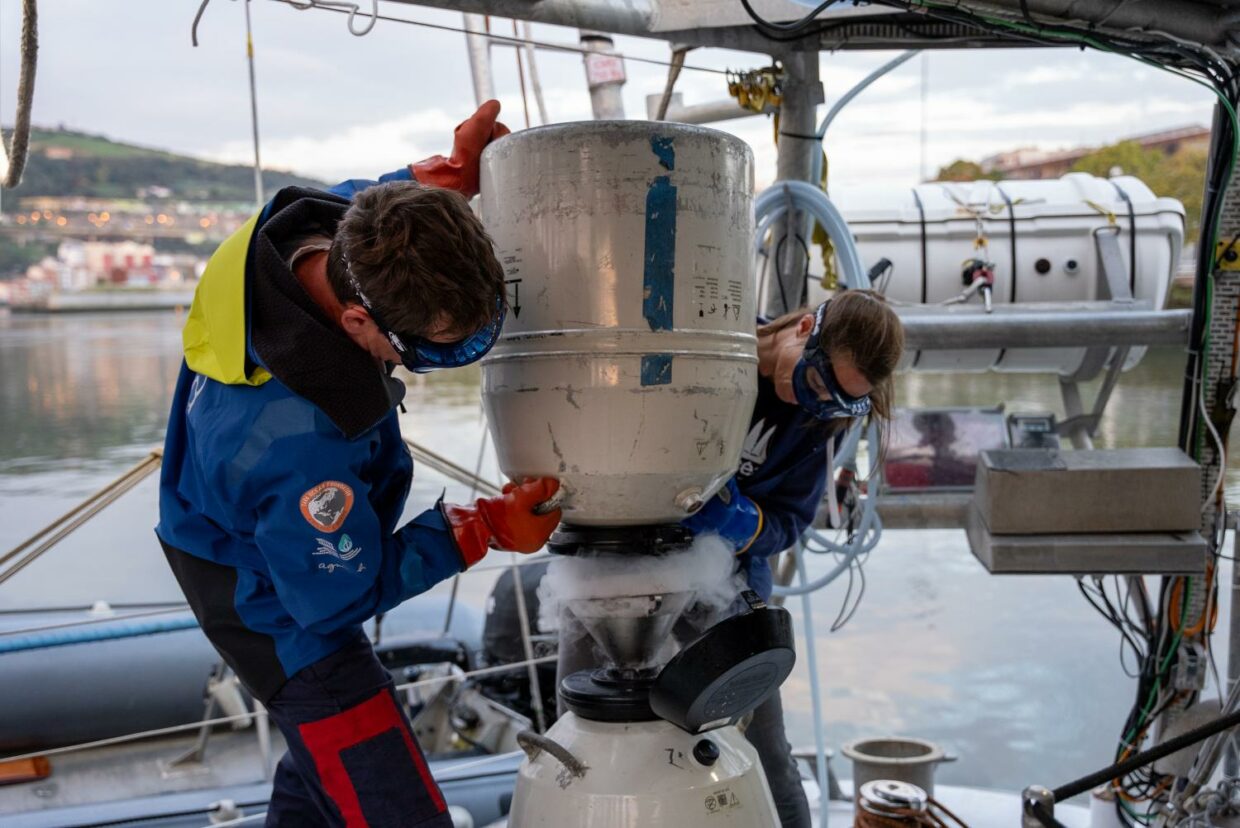
The importance of the BBNJ treaty
The high seas (all marine areas beyond 200 nautical miles from the coast) represent nearly half of the Earth’s surface and do not legally belong to any state. For decades, this space has escaped any real protection.
In 2023, the UN adopted a historic treaty: the BBNJ (Biodiversity Beyond National Jurisdiction) Treaty, aimed at regulating human activities on the high seas. This text allows:
- The creation of marine protected areas on the high seas
- The regulation of the exploitation of marine genetic resources
- The equitable sharing of benefits
- The strengthening of scientific cooperation
This treaty marks a turning point: the high seas are becoming a collectively governed space, serving biodiversity.
In September 2025, after 15 years of negotiations and collective mobilization, a major milestone was reached at the UN General Assembly in New York: With more than 60 countries having ratified the BBNJ Treaty, it became a legal instrument protecting international waters, which represent nearly 70% of the ocean.
With ratification, the treaty will enter into force in mid-January 2026, paving the way for its implementation, with a first high seas COP scheduled for late 2026. These periodic conferences will enable the planning of Marine Protected Areas, the assessment of the environmental impact of human activities, the regulation of access to genetic resources, and the guarantee of equitable benefit sharing. They will also strengthen capacity building and financing transfers to countries in the Global South, promoting inclusive and sustainable global marine governance.
This article was written based on an episode of our podcast “Un Hublot sur l’Océan” (A Window on the Ocean) in which Eric Karsenti, Doctor of Cellular and Molecular Biology and Scientific Director of Tara Oceans, and André Abreu, Director of International Relations, discuss the Foundation’s scientific and diplomatic cooperation.
